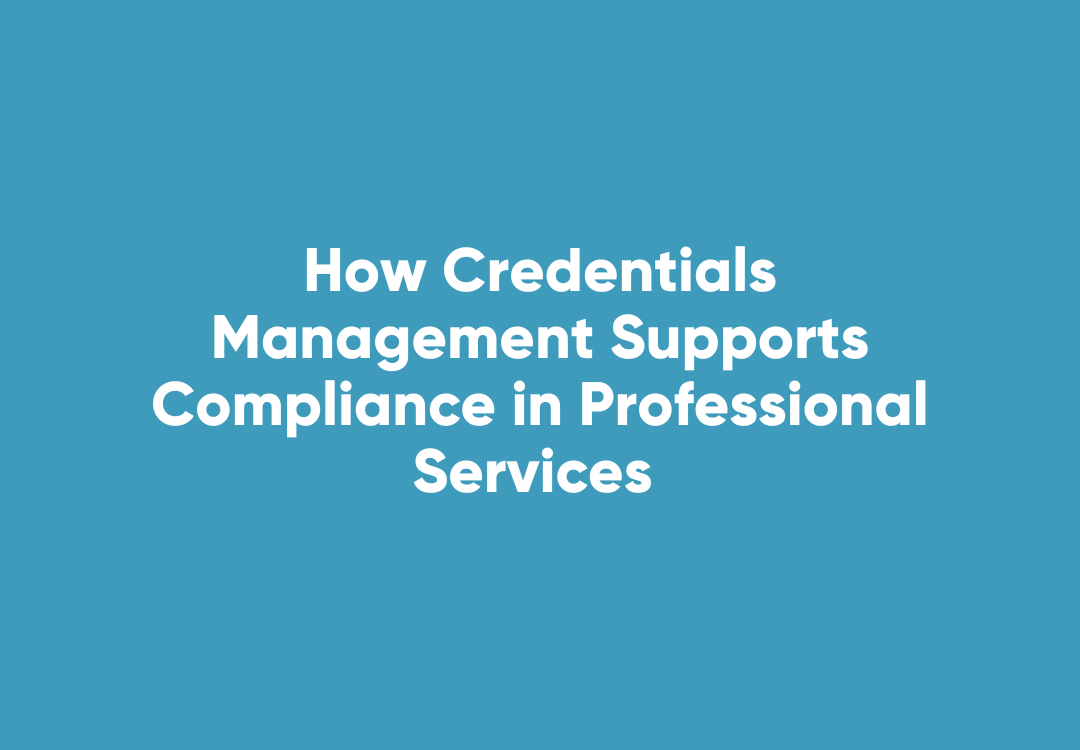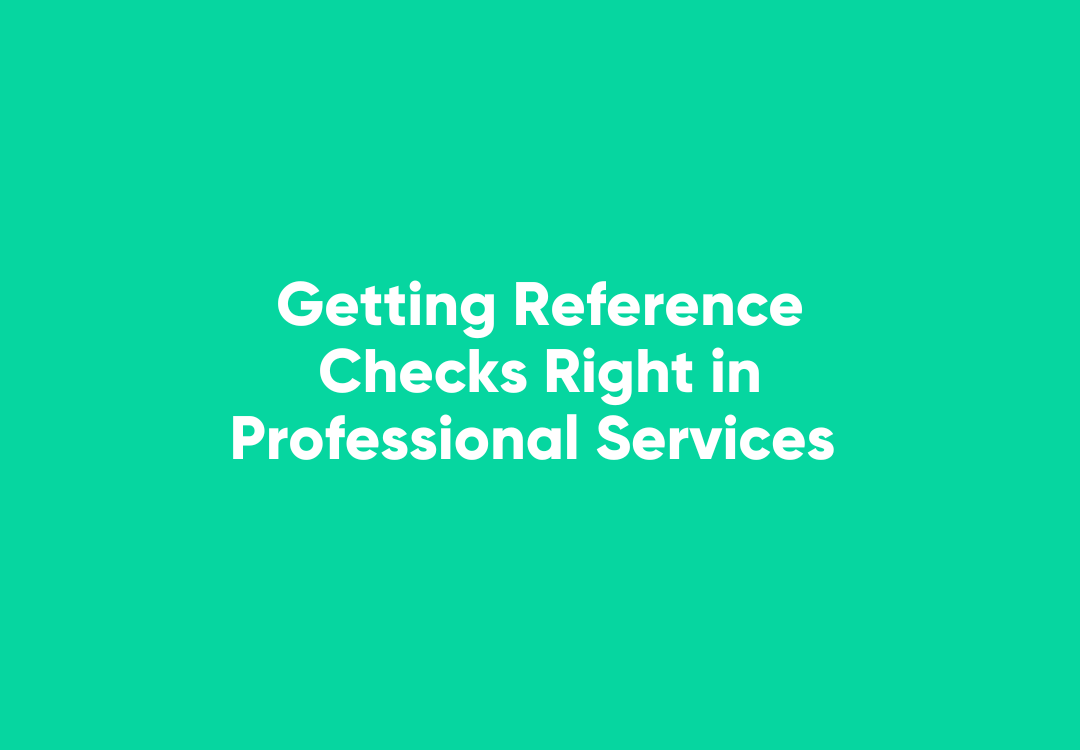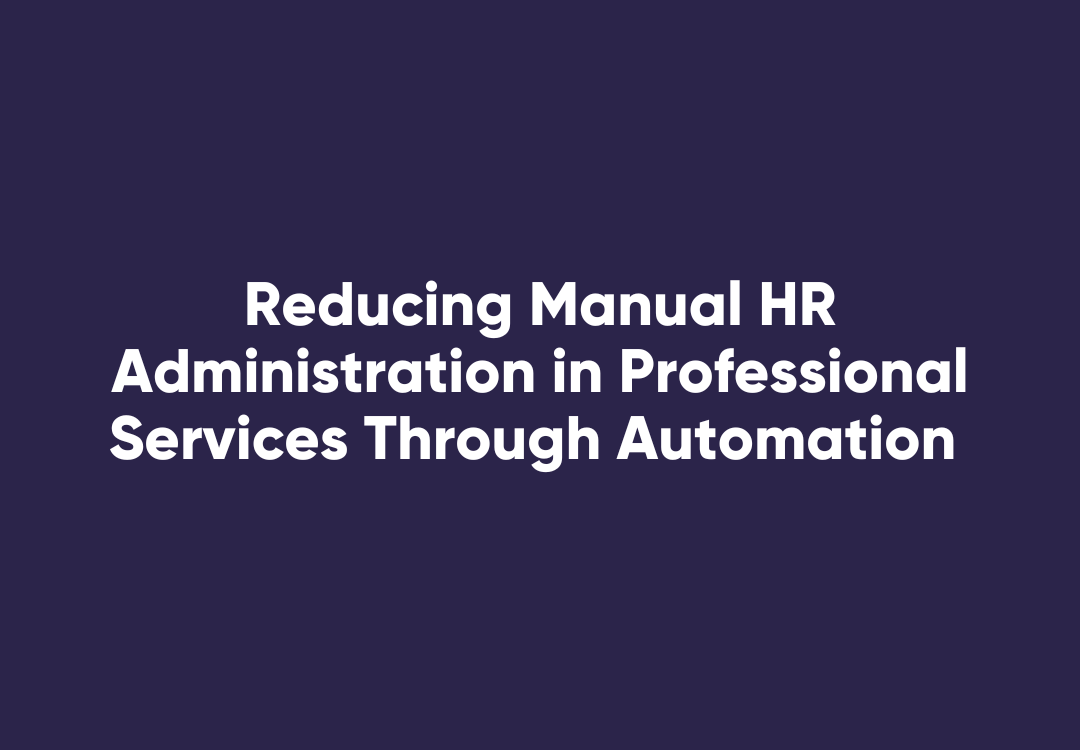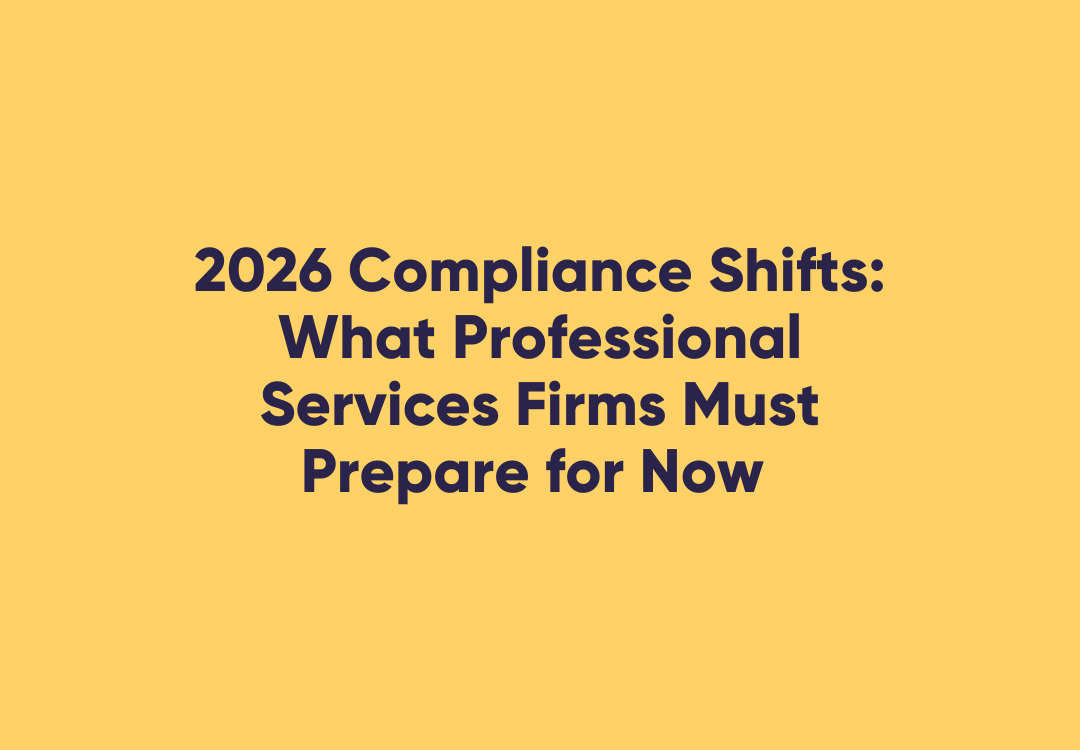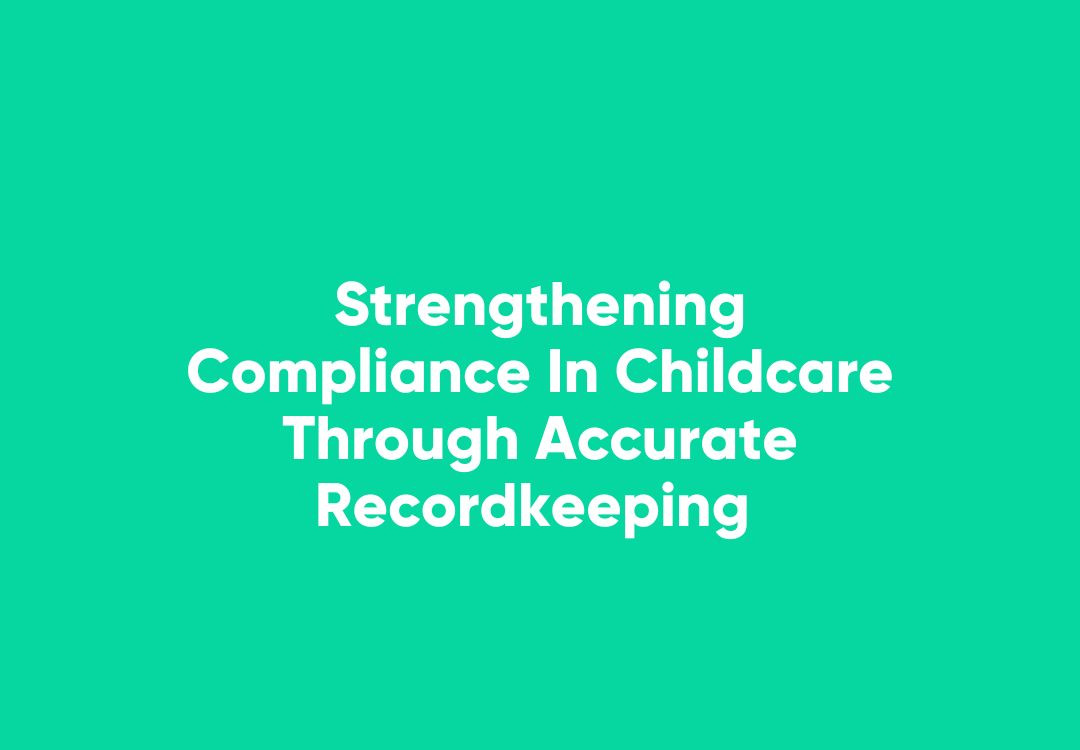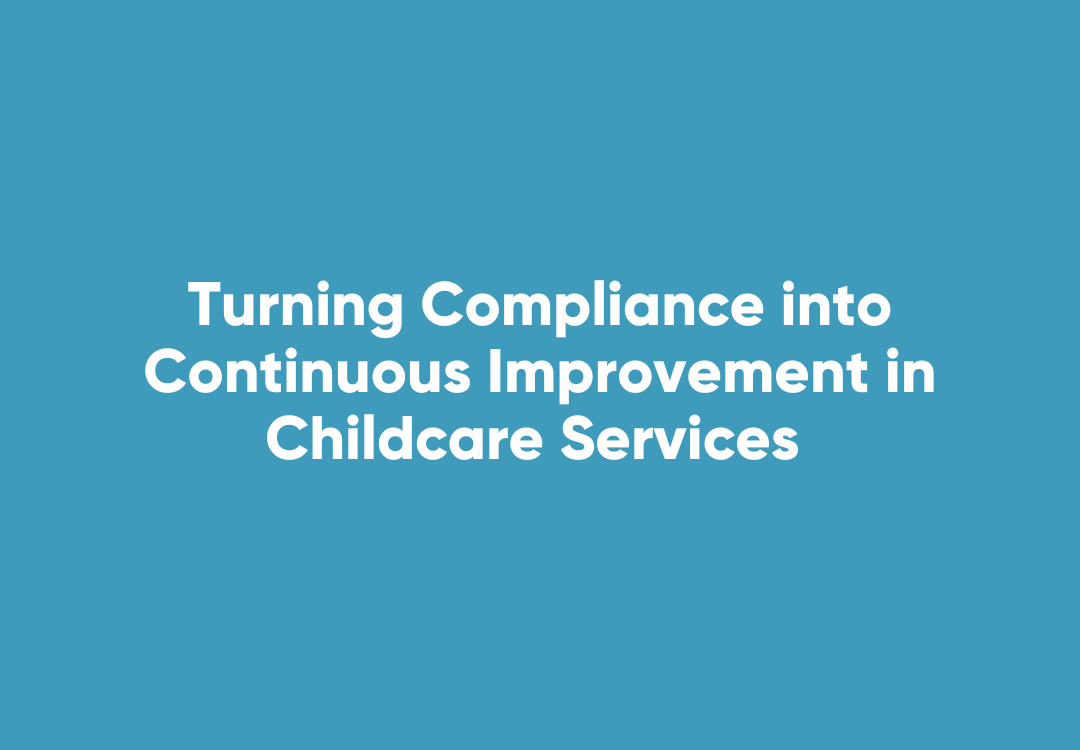Making Working With Children and Vulnerable People Checks easier to manage
Working With Children and Vulnerable People Checks are designed to ensure that the right people are chosen to work with those who are most vulnerable in our community. Unfortunately, implementing a program to administer these checks within any business is not a straight forward process.
The Australian Government Department of Social Services defines vulnerable persons as a child or children; or an individual aged 18 years and above who may be unable to take care of themselves or protect themselves against harm or exploitation by reason of age, illness, trauma or disability, or any other reason.
Therefore, roles that require a check include, but are not limited to, childcare or child protection services workers, nurses, teacher’s aides, volunteer coaches of youth sporting teams, scout leaders, aged care workers, and more.
Unfortunately, there is no one national check that covers an individual worker across every State in Australia. For example, an employee who legally requires a check, who works in both Victoria and Tasmania, would need both a Victorian Working With Children Check and a Tasmanian Working With Vulnerable People Check.
Additionally, through this example, we can see that the different Australian States and Territories have alternative names for their checks:
Working With Children Check
Victoria, New South Wales, Queensland, South Australia, Northern Territory and Western Australia
Working With Vulnerable People Check
Tasmania and the ACT
Adding to administrative complications, in some States and Territories there are different application processes, and different checks for both paid and volunteer workers.
Some States provide a physical card, and others simply supply online recognition. Finally, individual registration status may be updated (that is, revoked) at any time throughout the registration currency period.
Ultimately, the result of a Working With Children or Vulnerable People Check is either a clearance for an individual to proceed with working with children and vulnerable groups, or being barred from doing so.
Does your business need a simplified Working With Children or Vulnerable People checking process?
These types of checks have received increasing attention over the last five years or so due to a number of Australian Royal Commissions; including The Royal Commission into Violence, Abuse, Neglect and Exploitation of People with Disability, established in April 2019, with a final report due no later than 29 April 2022; The Royal Commission into Aged Care Quality and Safety, established in October 2018, with a final report by 30 April 2020; and The Royal Commission into Institutional Responses to Child Sexual Abuse, whose Working With Children Checks report was released in August 2015.
In addition, in 2016 a Royal Commission into Elder Abuse recommended that all businesses operating within the aged care sector make checks mandatory in order to increase the level of security surrounding new hires.
It proposed that a national employment screening process for Australian Government funded aged care facilities be implemented, reviewing a candidate’s national criminal history, relevant reportable incidents and disciplinary proceedings.
A further proposal was made that a national database should be established to record the outcome and status of all employment clearances.
Working With Children or Vulnerable People Checks are important to your business not only to address current compliance obligations, but also to future proof your business against the growing trend towards increased accountability and responsibility towards the most vulnerable members of the community.
It should form part of your workplace commitment to safety and compliance by ensuring all staff involved in working with children and vulnerable people have the appropriate and current checks.
You need to be confident that you are making hiring decisions based on a complete, compliant and relevant view of every candidate’s history … and ensuring that the check status remains current.
How does WorkPro simplify this process?
WorkPro is the only national, online, centralised platform allowing organisations to request a candidate to either upload an existing card, or to apply for the relevant check (appropriate State and correct work status, either paid or voluntary).
Customers can also request that the candidate nominate the State in which their card is held.
Next, administrators view and “acknowledge” the existence and their acceptance of the card, with the additional option to formally request verification and validation of the card against the official Government database – all via the WorkPro platform.
In addition, customers can set periodic auto-alerts for rechecks, to ensure continuous compliance.
If you’re seeking to improve your hiring process, and streamline your safety and compliance program as it relates to this critical background screening obligation, then WorkPro can assist.
With a range of diverse and growing background checks, the ability to collect licences, tickets and documents and monitor currency and expiry dates, WorkPro is designed to make workforce compliance simple. To find out more, or to sign up for a free trial, click here.




